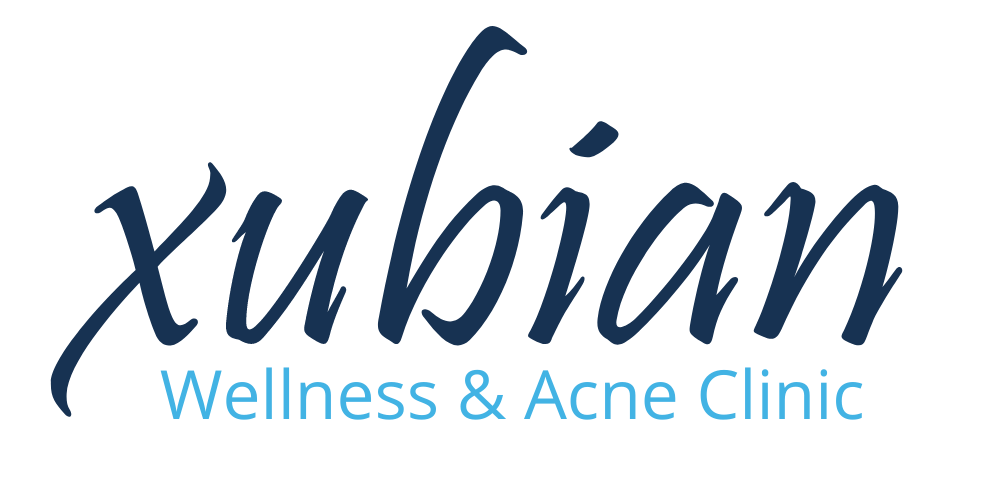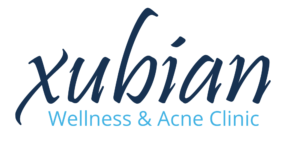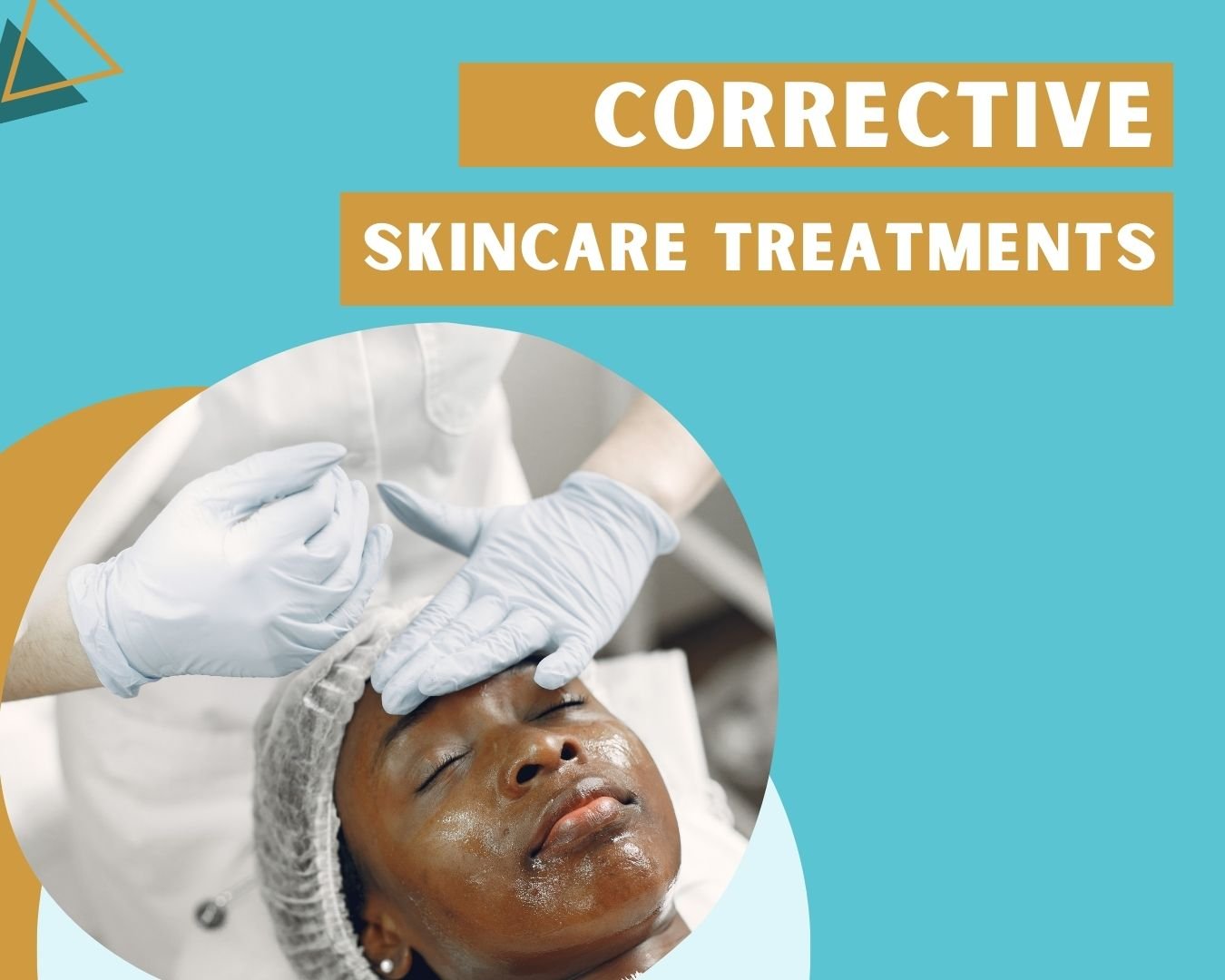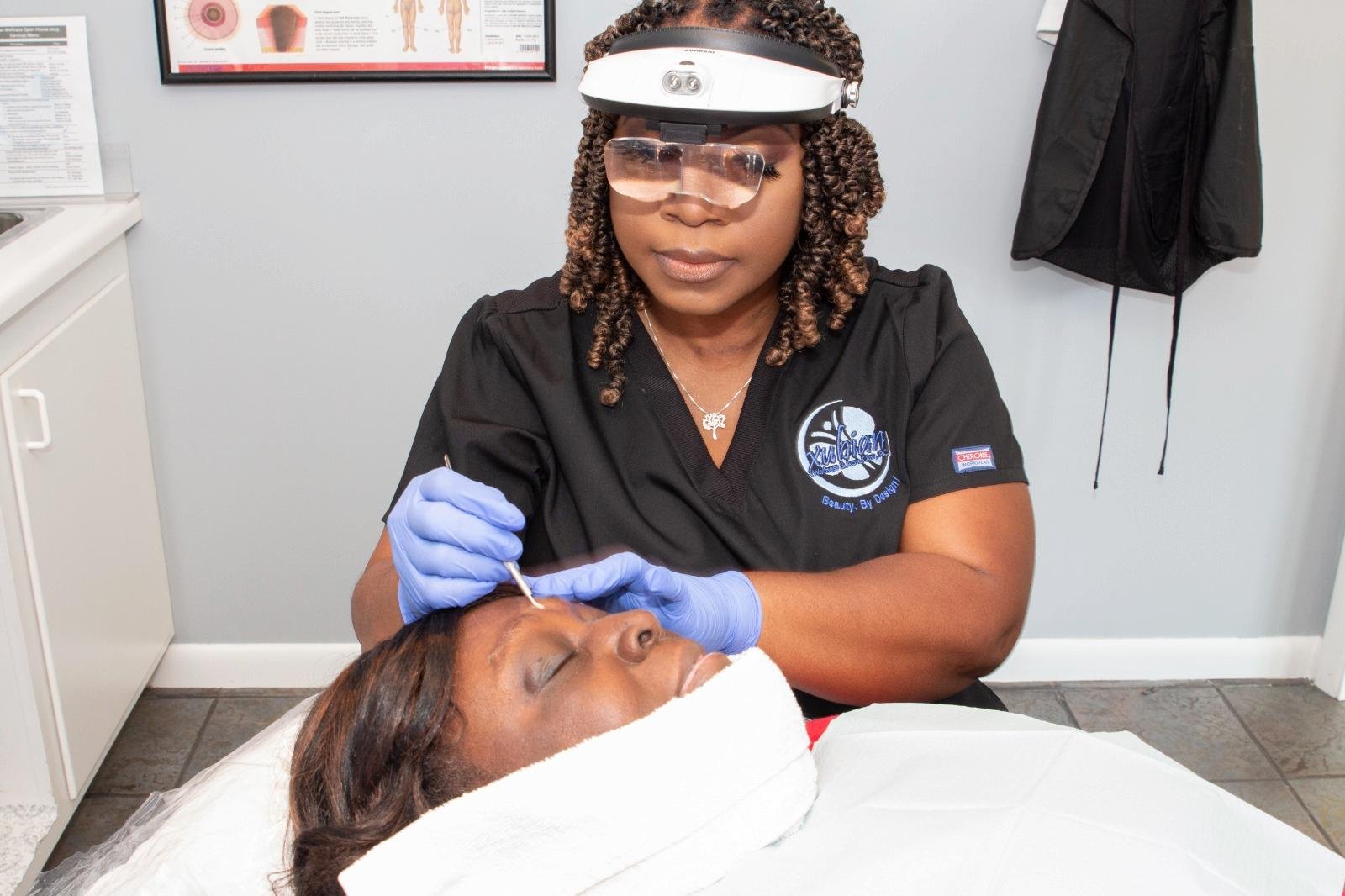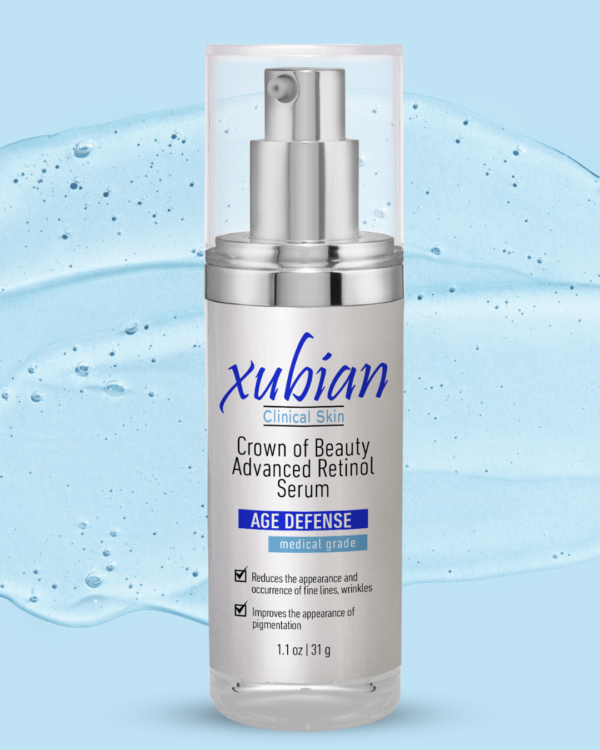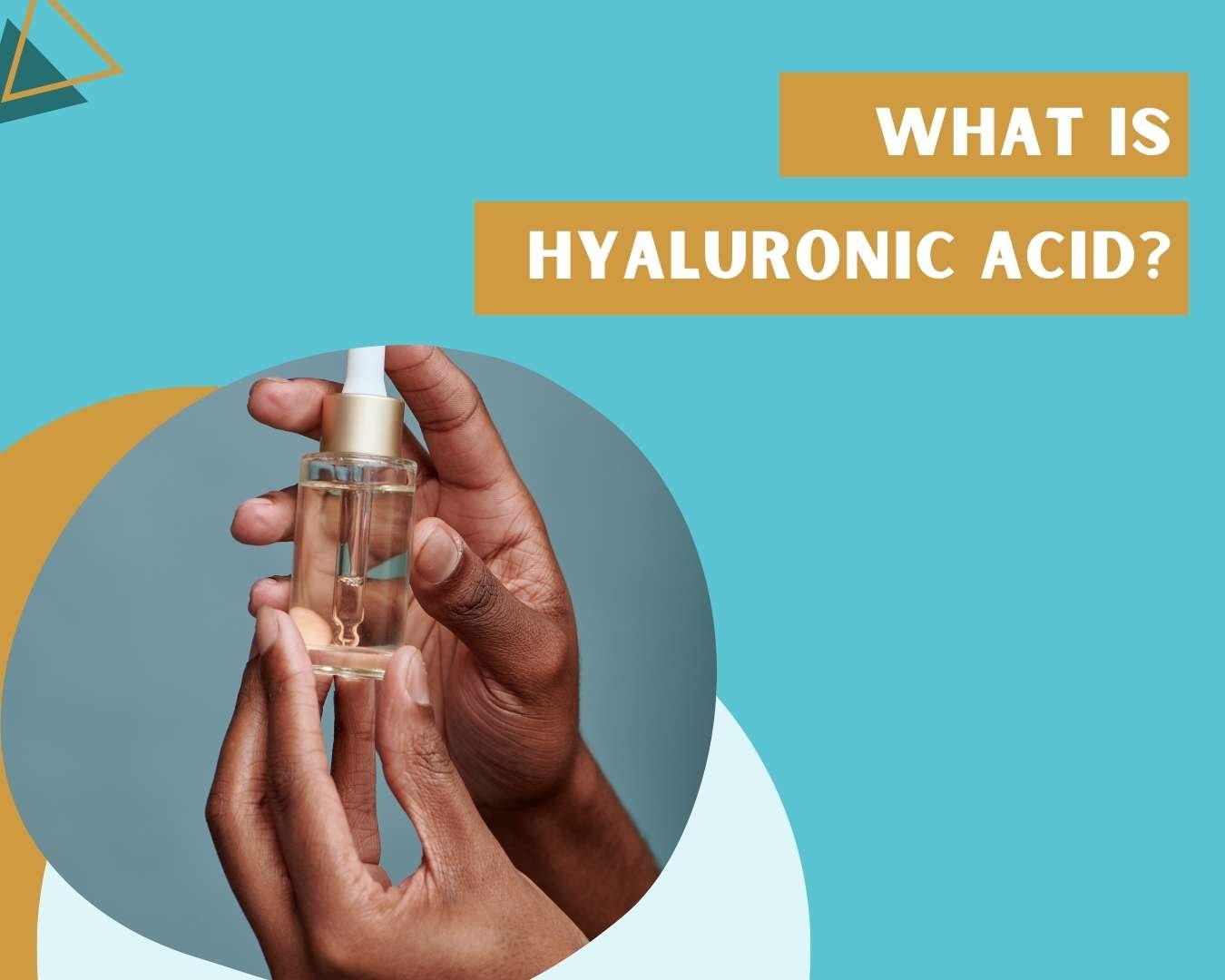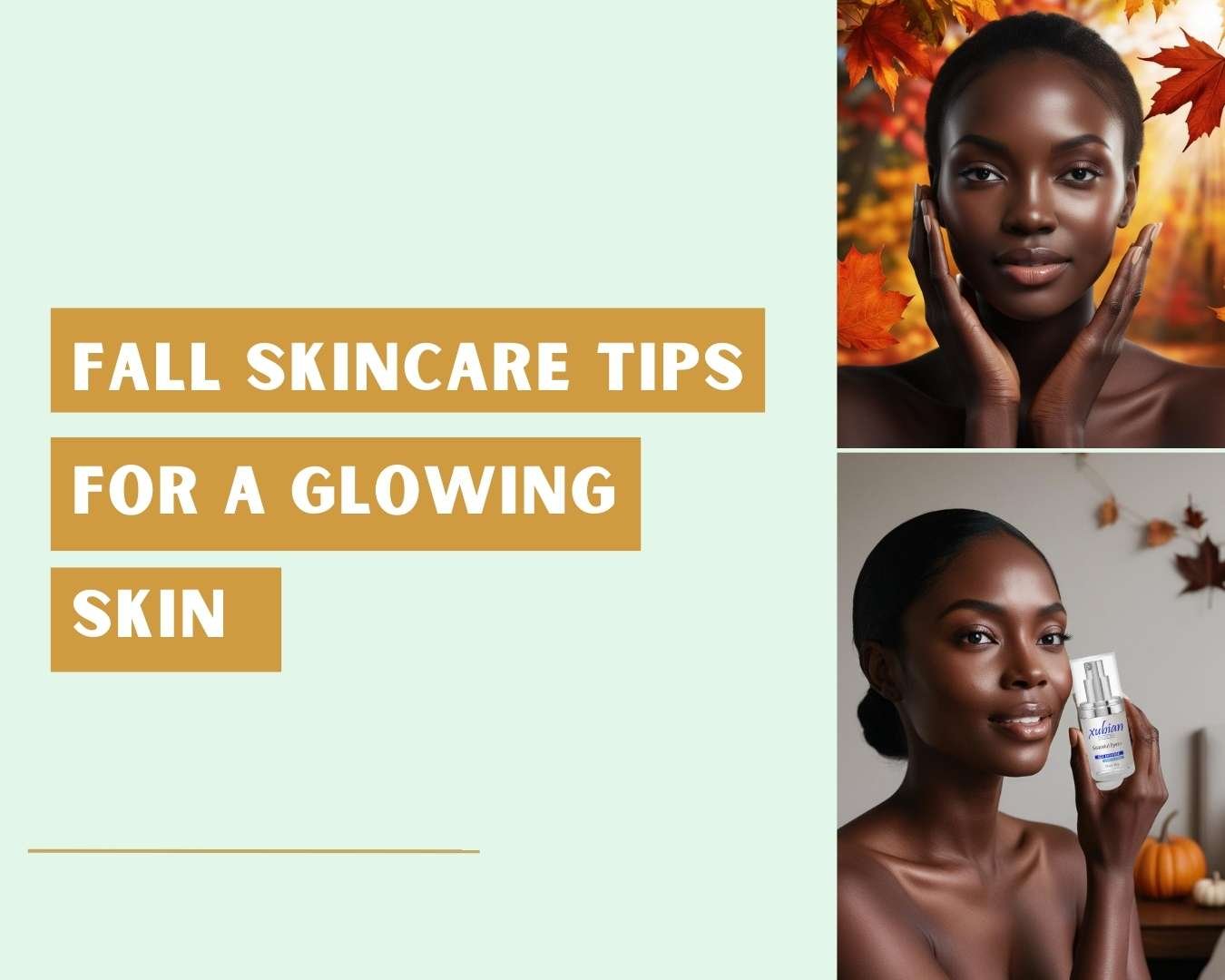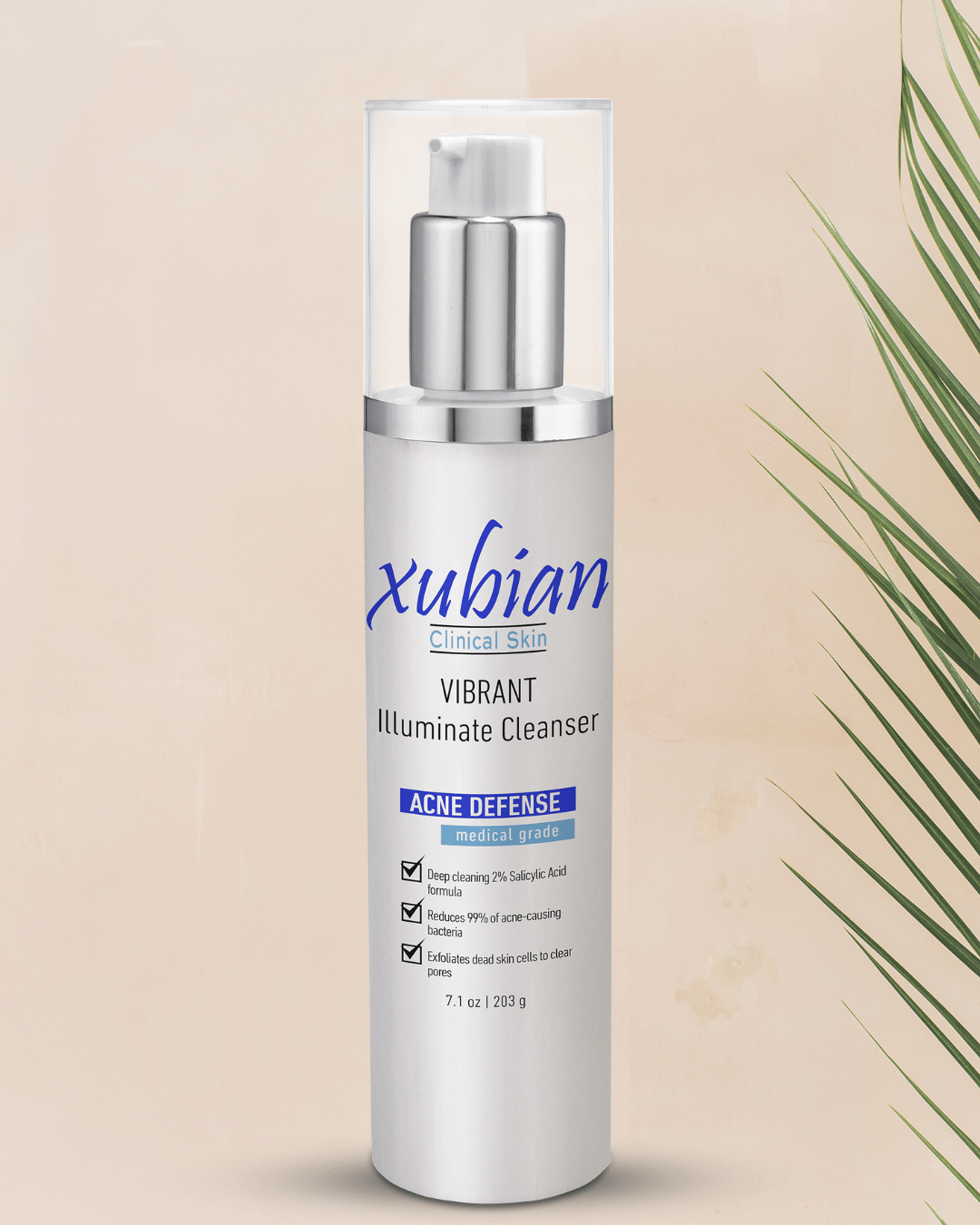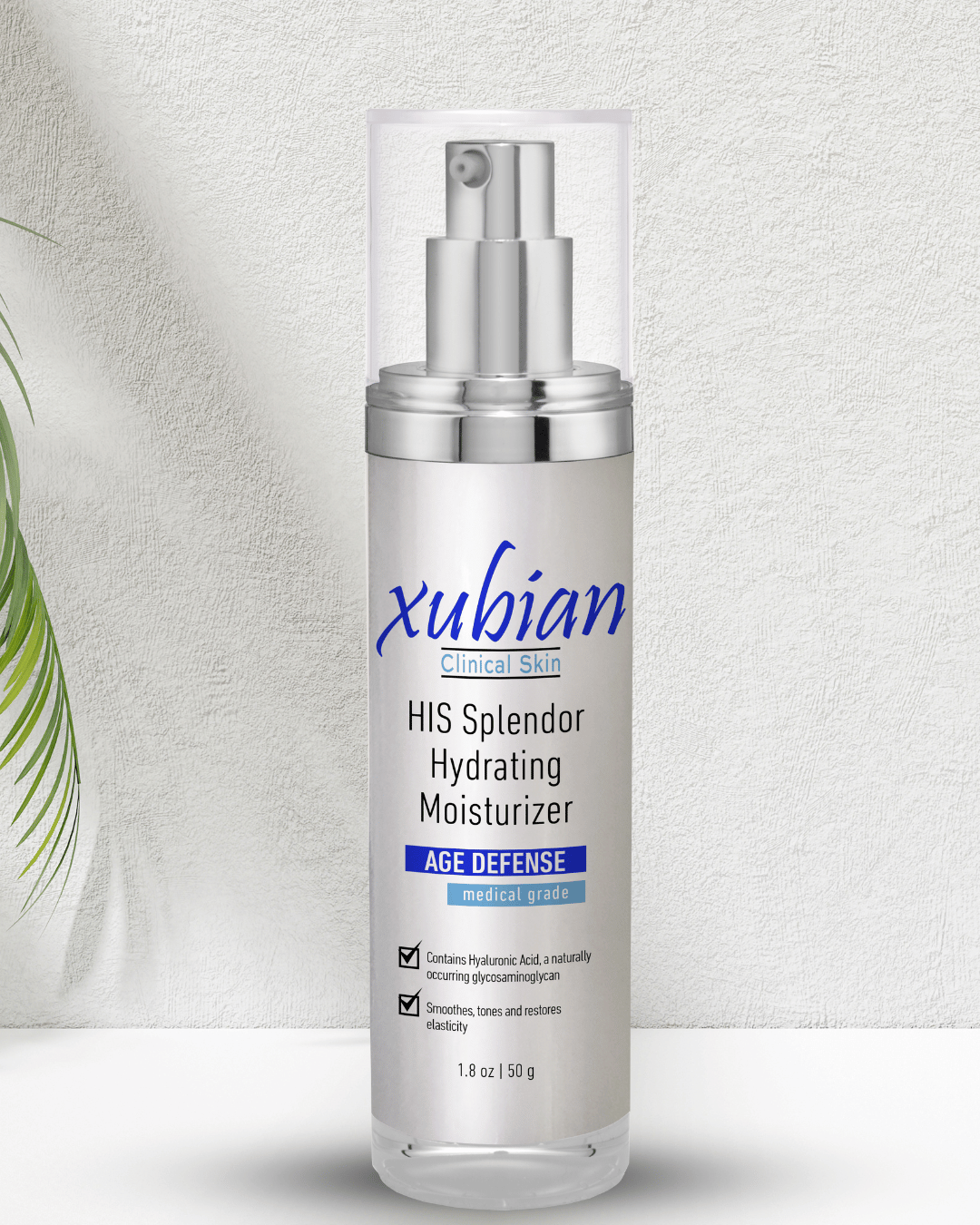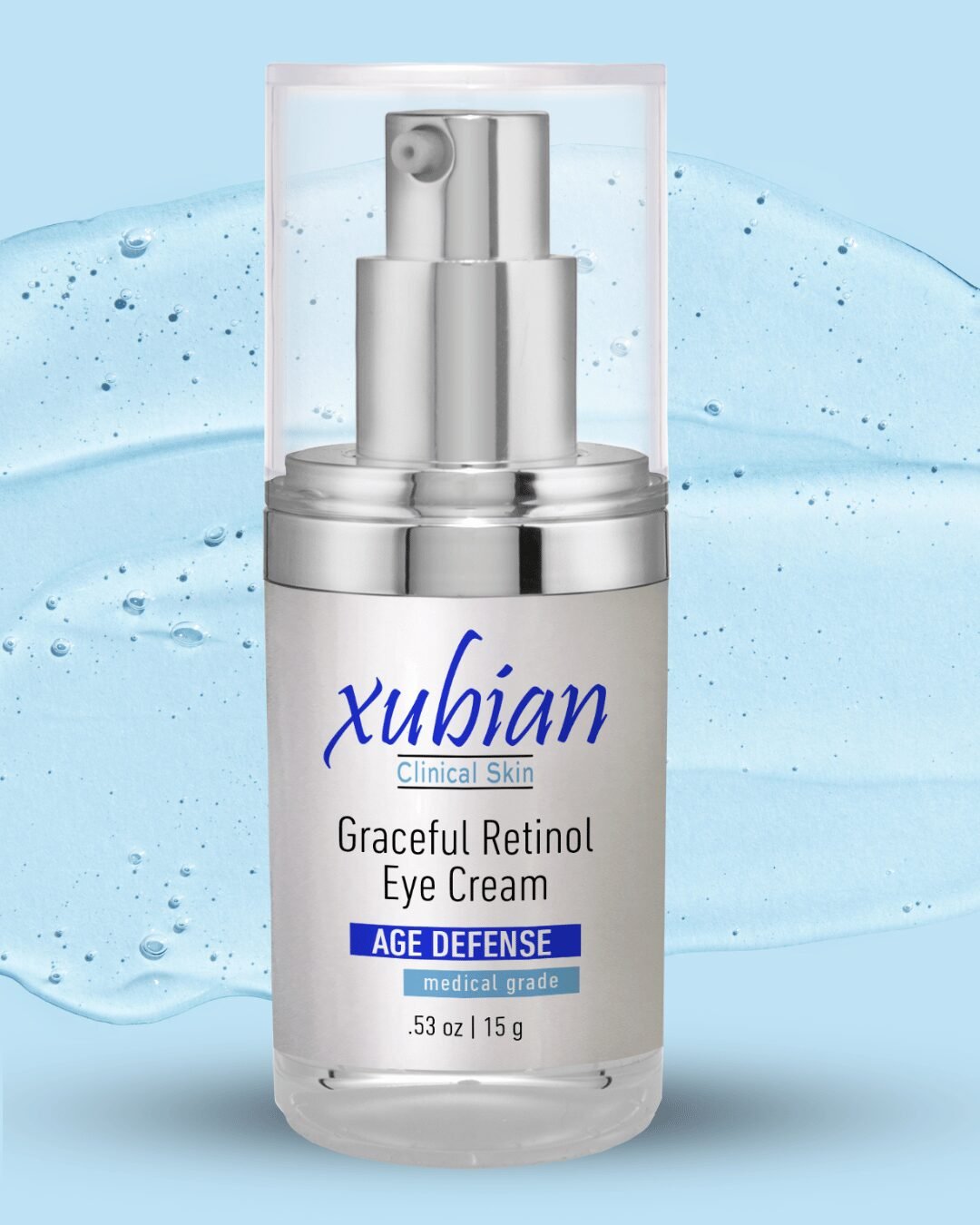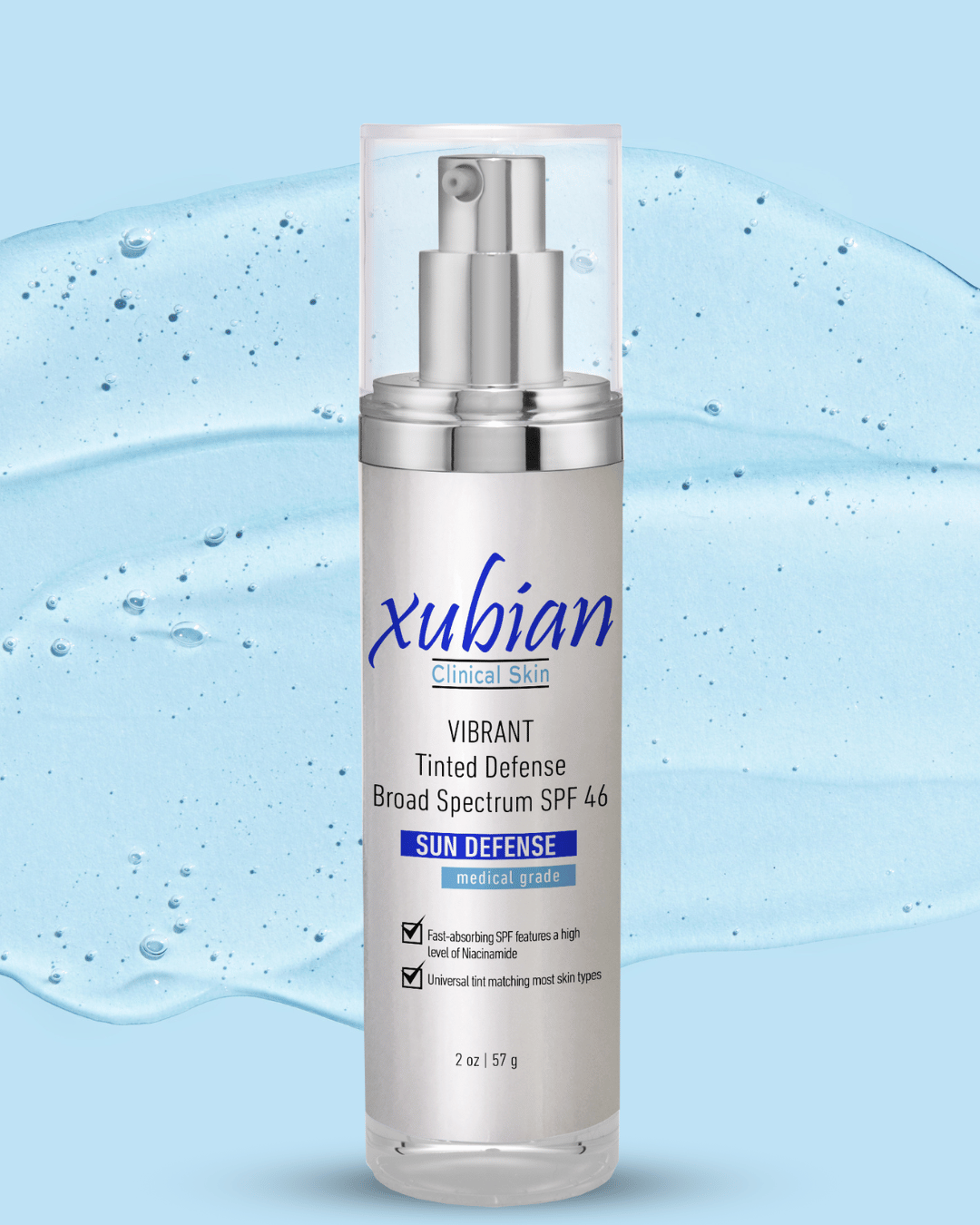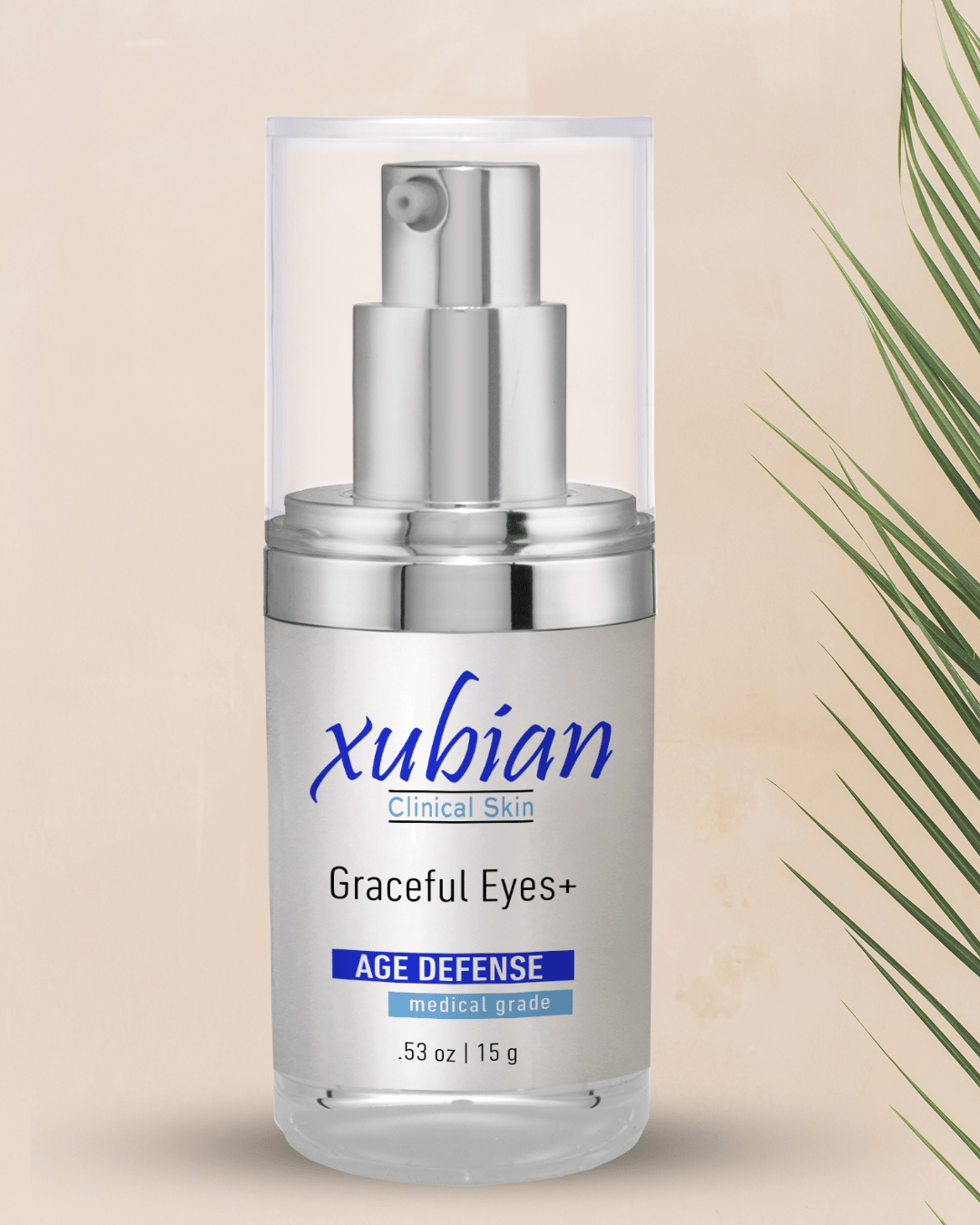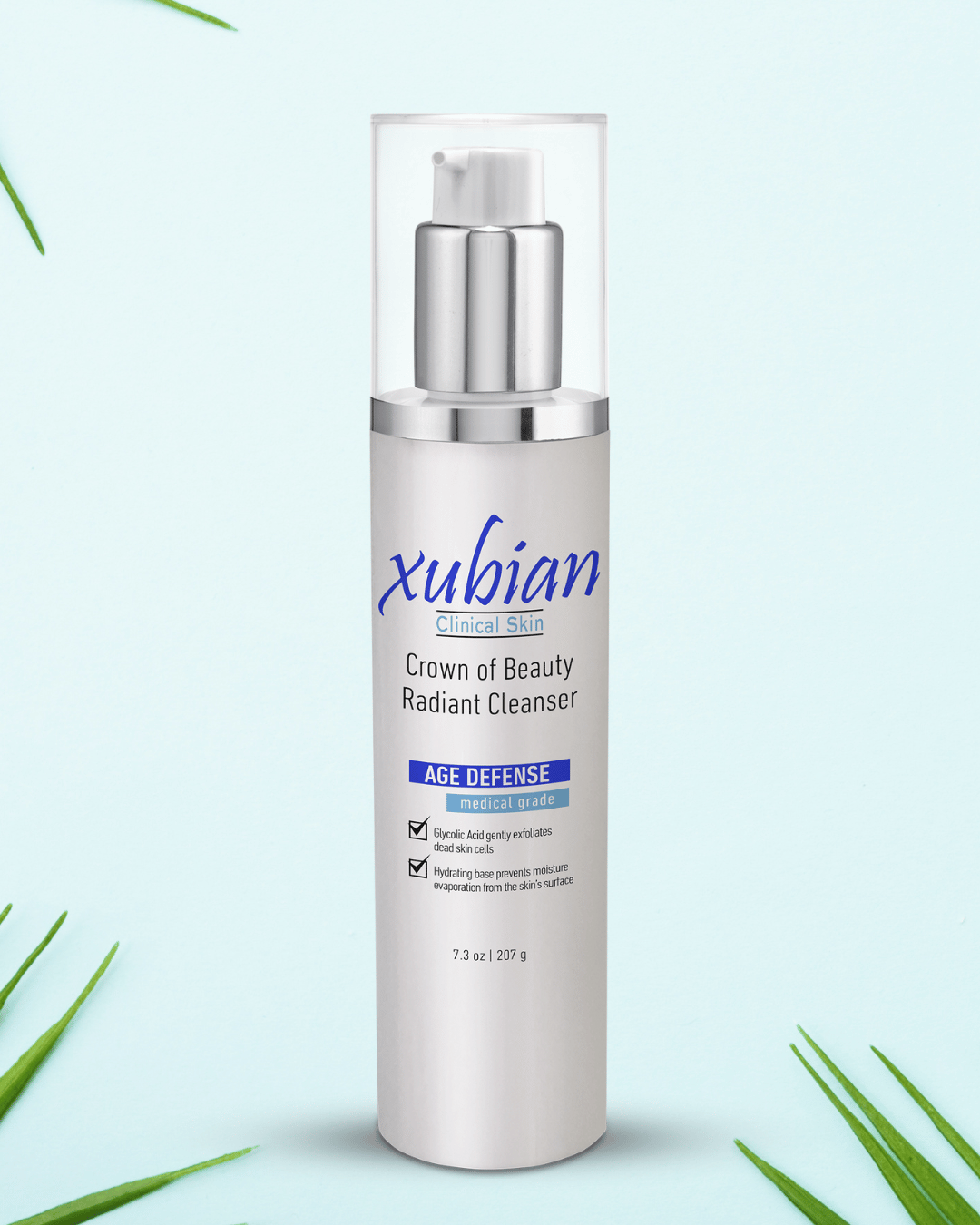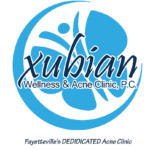Sharing is caring!
Are you struggling with stubborn acne scars, dark spots, or fine lines that won’t go away despite your regular skincare routine? If so, it might be time to explore corrective skincare treatments. While traditional skincare routines are great for maintaining healthy skin, they often fall short when it comes to targeting specific skin concerns. Corrective skincare focuses on more advanced treatments to repair and rejuvenate the skin.
In this guide, we’ll explore the fundamentals of corrective skincare treatments for beginners, how they differ from traditional skincare, and how to choose the right approach for your skin type and concerns.
Whether you’re dealing with hyperpigmentation, acne scars, or early signs of aging, this beginner’s guide to corrective skincare treatment will help you understand how these treatments work.
DISCLAIMER
The information provided in this blog post is for educational purposes only and should not replace professional medical advice. Consult with a healthcare provider or dermatologist for personalized skincare recommendations. Please Read Our Disclaimer for more!
What Are Corrective Skincare Treatments?
Corrective skincare treatments are specialized methods designed to address specific skin concerns. Unlike traditional routines that focus on general skin health, corrective treatments aim to repair and improve skin issues like uneven texture, scarring, pigmentation, and more.
Purpose of Corrective Skincare
These treatments are often more intensive, offering deeper results for individuals looking to correct issues that can’t be solved with regular cleansers and moisturizers. Whether it’s fading dark spots, reducing acne scars, or smoothing fine lines, corrective skincare goes beyond the surface.
Common Conditions Treated:
- Acne scars: Smooth out the skin’s texture and reduce the appearance of deep scars.
- Hyperpigmentation: Lighten dark spots caused by sun exposure, acne, or hormonal changes.
- Wrinkles and fine lines: Stimulate collagen production to reduce signs of aging.
- Sun damage: Repair damage from UV exposure that causes uneven skin tone.
- Rosacea and redness: Minimize irritation and redness for a more balanced complexion.
- Melasma: Treat darker patches of skin that occur due to hormonal changes.
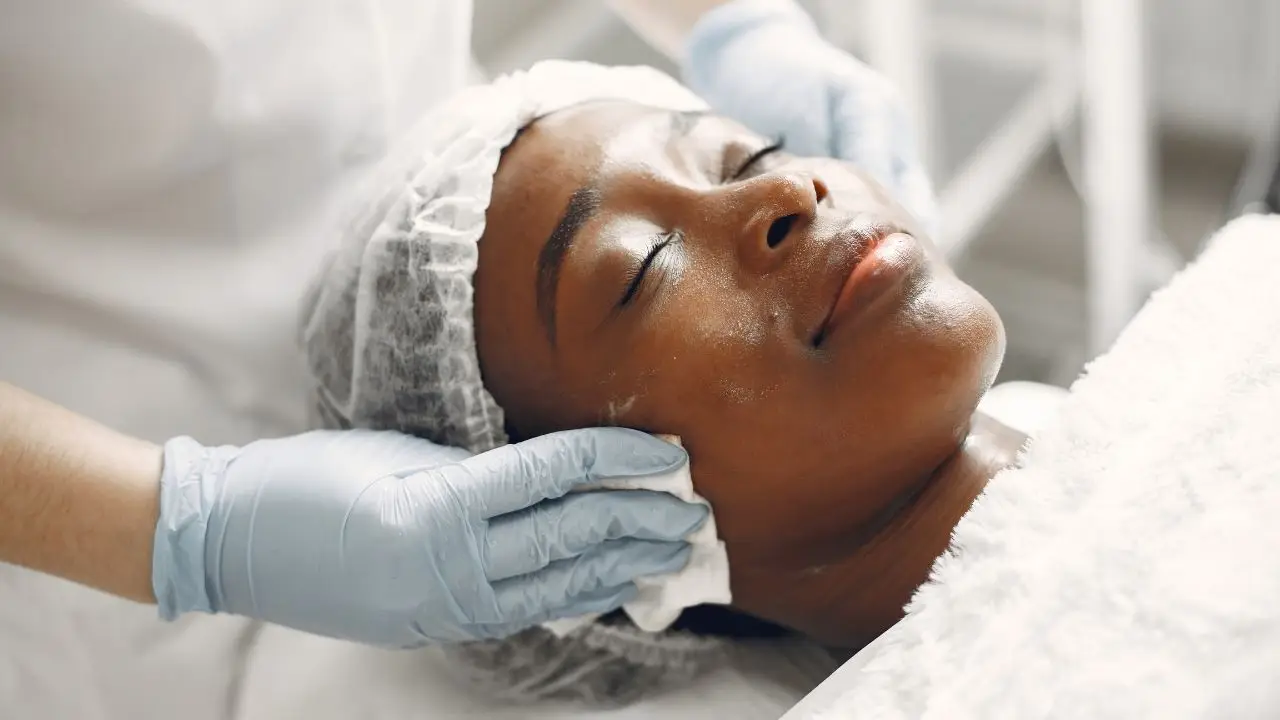
How Corrective Skincare Differs from Traditional Skincare Routines
While both corrective and traditional skincare routines are essential for overall skin health, they serve different purposes. Understanding the key differences will help you determine when it’s time to incorporate corrective treatments into your routine.
Targeted Approach vs. General Care
A traditional skincare routine typically includes basic steps like cleansing, moisturizing, and sun protection. These steps are important for maintaining your skin’s health and preventing damage. However, corrective skincare treatments go further by targeting specific issues. If you’re dealing with stubborn skin concerns like scars or pigmentation, a corrective approach is necessary.
Active Ingredients
Corrective skincare often includes potent active ingredients in higher concentrations than traditional products. Ingredients like retinoids, Vitamin C, and alpha hydroxy acids (AHAs) are commonly used to treat targeted skin concerns such as wrinkles, dark spots, and acne scars.
Professional Treatments vs. At-Home Care
Many corrective skincare treatments require the expertise of a dermatologist or esthetician. In-office treatments like laser therapy or chemical peels offer deeper results than what you can achieve at home. However, there are still effective at-home products available, such as retinol creams and exfoliating acids, that can provide noticeable improvements.
Types of Corrective Skincare Treatments
There are a variety of corrective treatments available, ranging from in-office procedures to at-home solutions. Here are some of the most common options:
In-Office Treatments:
- Chemical Peels: A chemical solution is applied to the skin to exfoliate and improve its texture, reducing scars, pigmentation, and fine lines.
- Microneedling: This treatment uses tiny needles to stimulate collagen production, improving skin texture and reducing acne scars.
- Laser Therapy: Lasers target pigmentation issues, scars, and sun damage by removing damaged skin layers and encouraging collagen production.
- Botox and Fillers: Injectable treatments that minimize fine lines and wrinkles by smoothing the skin or adding volume to specific areas.
At-Home Corrective Treatments:
- Retinoids: Vitamin A derivatives that stimulate cell turnover to reduce acne, improve texture, and diminish wrinkles.
- Exfoliating Acids (AHAs/BHAs): These acids slough off dead skin cells to reveal smoother, brighter skin.
- Vitamin C Serums: Antioxidant-rich serums that lighten dark spots, protect against sun damage, and boost collagen.
Corrective Skincare Treatments at Fayetteville,
Uneven skin tone, skin tags, dark spots, acne scars, melasma – hyperpigmentation issues can take a major toll on your self-confidence. At Xubian- Fayetteville’s skincare center, we specialize in corrective skincare solutions to help you achieve a more even, radiant and blemish-free complexion. We offer proven, medical-grade corrective skincare treatment solutions tailored specifically to your skin type and needs.
Whether you’re struggling with stubborn dark spots, skin tags, acne scars, or dull, lackluster skin, we have the expertise and resources to help you achieve the skin of your dreams. Our corrective skincare treatments are specially formulated to target and correct various concerns, improve skin texture, and promote a more even, radiant tone, restoring your confidence and empowering you to embrace your natural beauty.
Our Corrective Skincare Treatment Services For All Skin Types
- Aging Skin Management
- Clinical Facials (hydrating facials, rejuv facials, LED facials, vitamin C facials and age management facials)
- Virtual Skin Care Consultation
- Corrective Chemical Peels (these treatments effectively combat sun damage, pigmentation issues, clogged pores, melasma, and poor skin texture.)
- Dark Spot Correction Program (lightening skin discoloration and addressing pigmentation issues, such as superficial melasma and hyperpigmentation.)
Choosing the Right Corrective Treatment for Your Skin Type and Concerns
Choosing the right corrective skincare treatment depends on your skin type and the concerns you want to address. It’s important to choose treatments that are suitable for your unique skin needs.
Skin Types and Conditions:
- Oily or Acne-Prone Skin: Focus on treatments like retinoids and salicylic acid to reduce acne and scarring.
- Dry or Sensitive Skin: Opt for gentler treatments like lactic acid peels and niacinamide to avoid irritation.
- Combination Skin: You may need a balance of hydrating and corrective treatments like glycolic acid or retinol to manage different areas of your skin.
Common Concerns and Solutions:
- Acne Scars: Try microneedling, retinoids, or chemical peels to reduce scar depth and smooth the skin.
- Hyperpigmentation: Vitamin C, kojic acid, or laser therapy can lighten dark spots.
- Wrinkles and Fine Lines: Use retinoids, Botox, or laser resurfacing to minimize signs of aging.
- Sun Damage: Opt for Vitamin C serums, chemical peels, and laser treatments to repair damaged skin.
The Importance of Recovery and Aftercare
After undergoing corrective treatments, proper aftercare is essential to achieve the best results and avoid potential side effects.
Post-Treatment Skincare:
- Use gentle cleansers and moisturizers to soothe the skin and prevent irritation.
- Sunscreen is a must, as your skin will be more sensitive to UV damage after treatments.
Recovery Period:
Different treatments have varying recovery times. For example:
- Chemical peels may cause peeling for several days.
- Microneedling can lead to redness for 24–48 hours.
- Laser treatments might require a few days of downtime, depending on the intensity.
When to See a Professional for Corrective Skincare
It’s important to know when it’s time to consult a professional for your skincare concerns. DIY treatments can help with mild issues, but more severe skin conditions often require expert care.
Signs It’s Time to Seek Professional Help:
- Home treatments are not providing visible results after consistent use.
- You have deep scars, severe hyperpigmentation, or chronic acne that isn’t responding to over-the-counter products.
- You’re unsure which treatment is best for your skin type and condition.
Consulting a Dermatologist or Esthetician:
A professional will assess your skin’s needs and recommend treatments that are safe and effective for you. They can also help avoid complications from incorrect product use or over-treatment. Book a Consultation with Fayetteville’s Dermatologist today to get a skin assessment and the best treatments for you.
Conclusion
Corrective skincare treatments are a powerful way to address specific concerns like acne scars, hyperpigmentation, and wrinkles. By choosing the right corrective treatments and following proper aftercare, you can achieve healthier, more radiant skin.
For best outcomes, consult with a professional to develop a tailored plan that suits your skin type and goals. Corrective skincare may take time, but with the right approach, it can make a lasting difference in your complexion.
Share this on Pinterest!
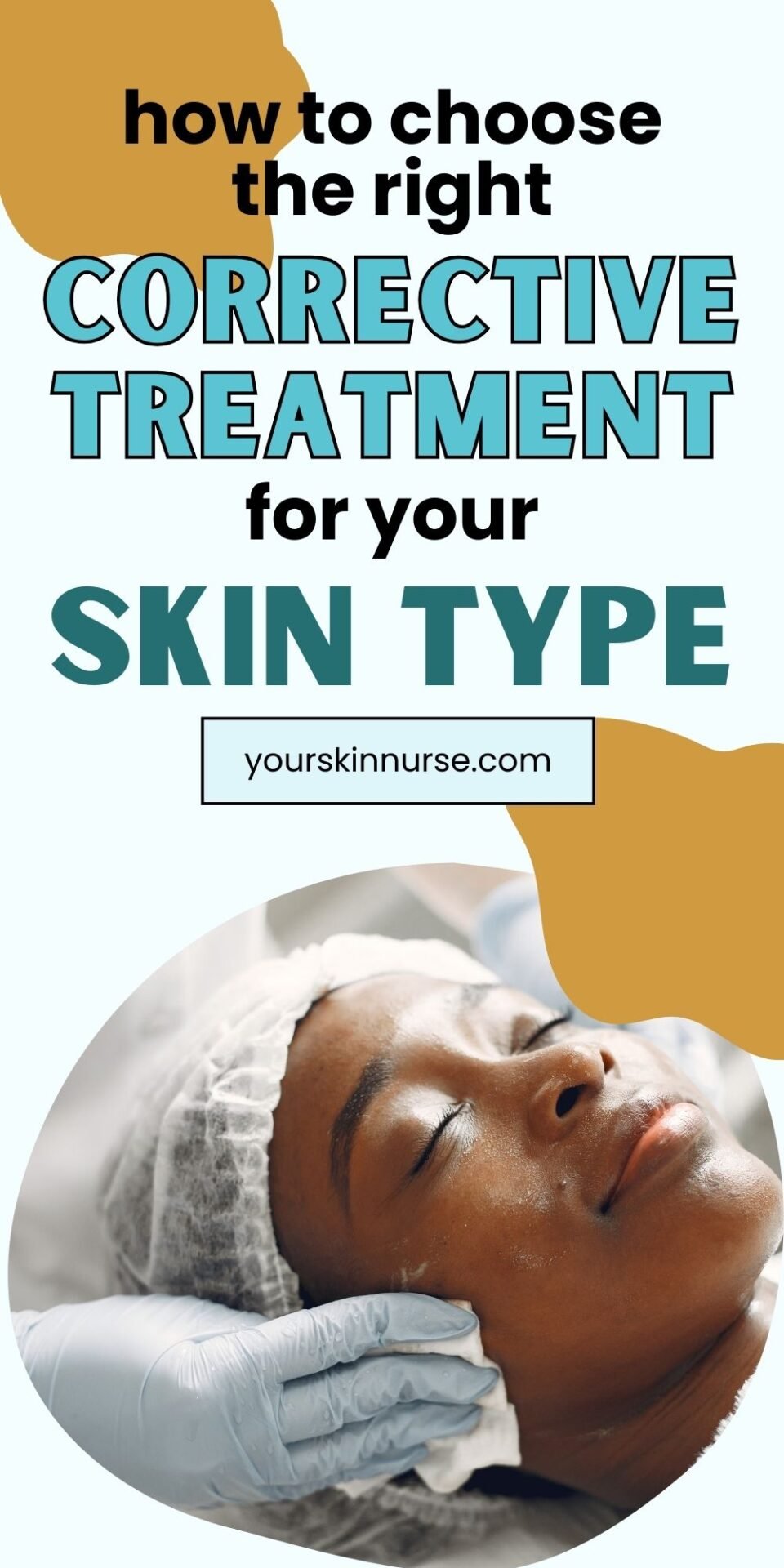
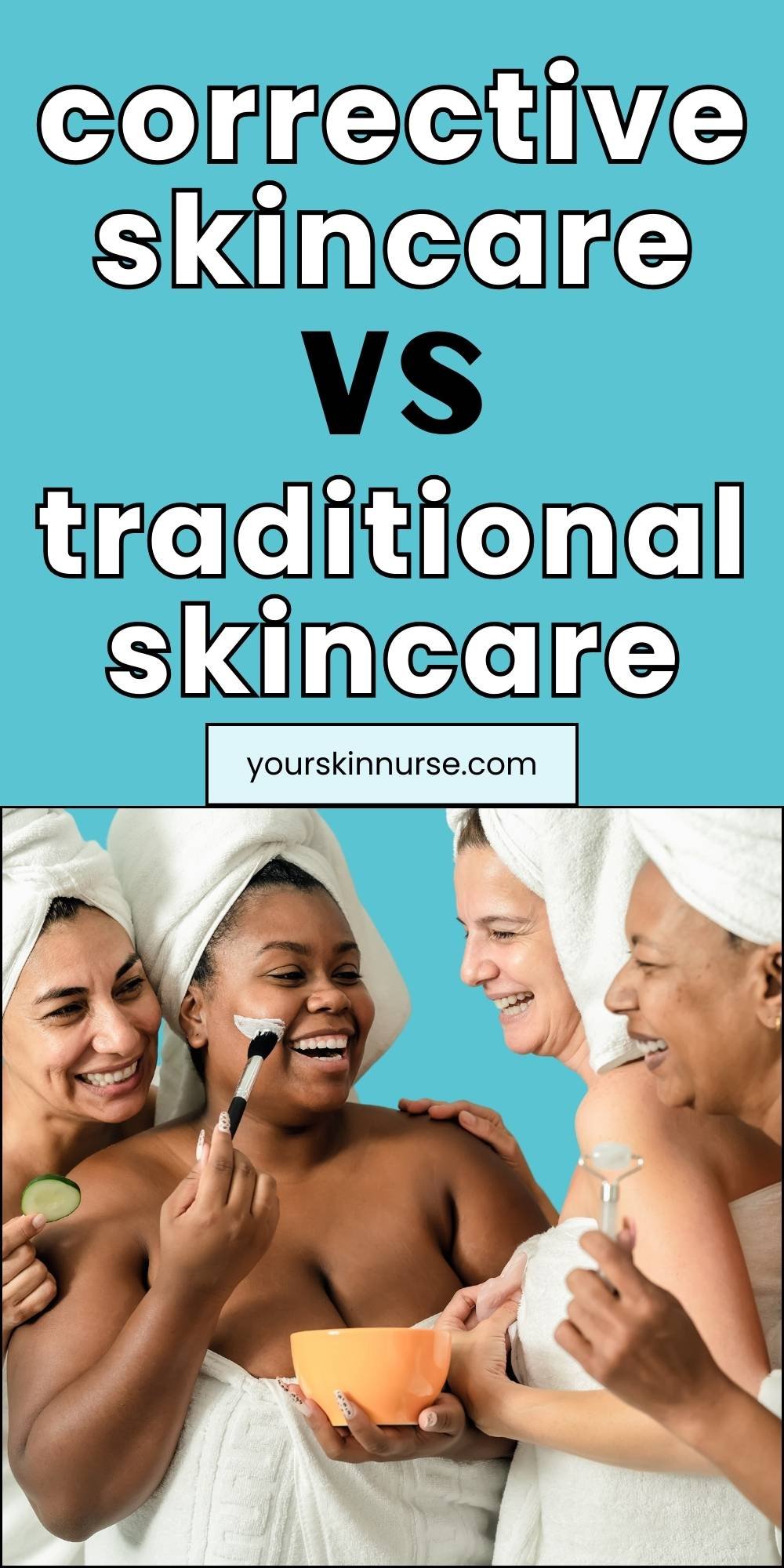
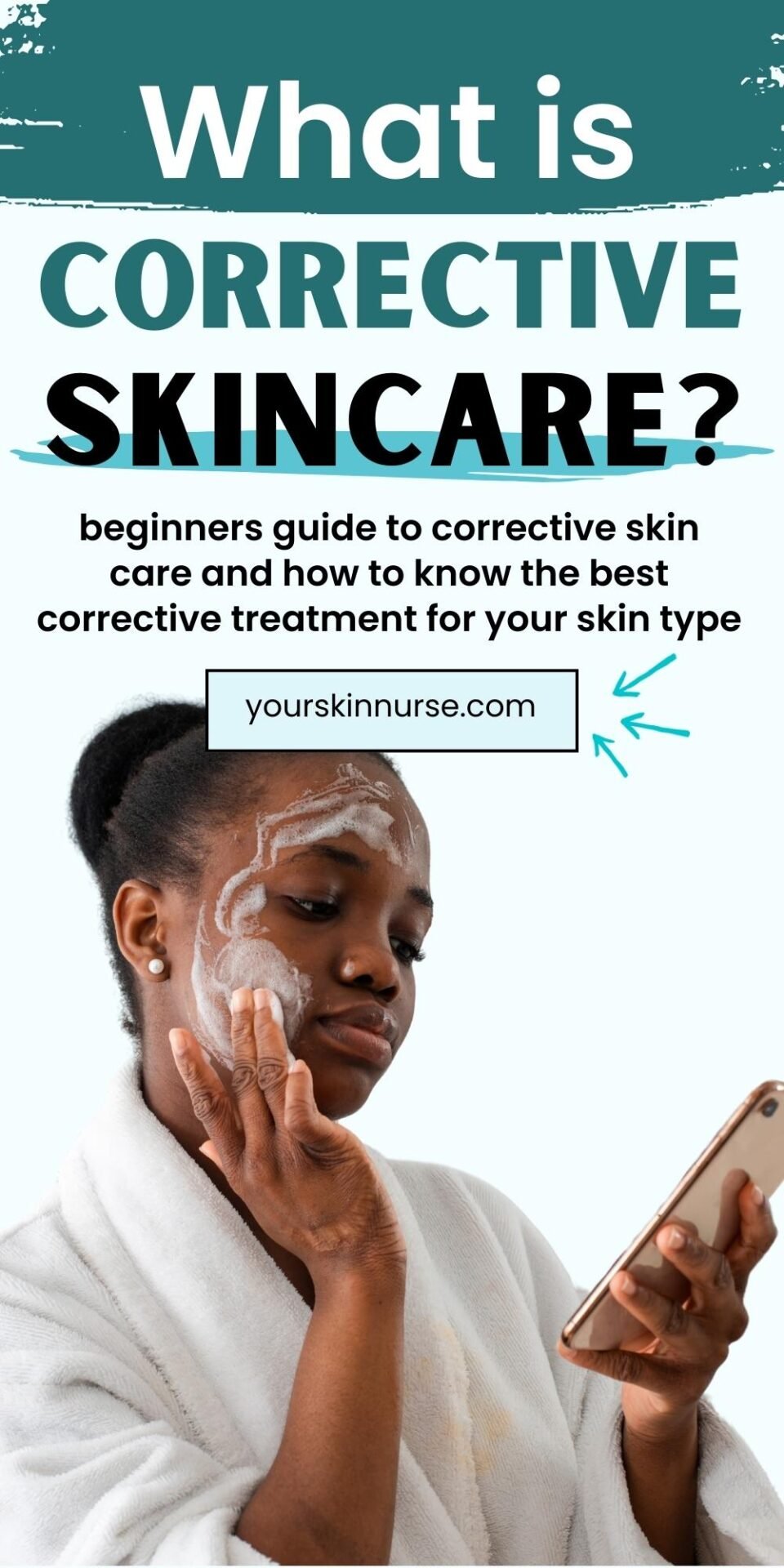
Sharing is caring!
